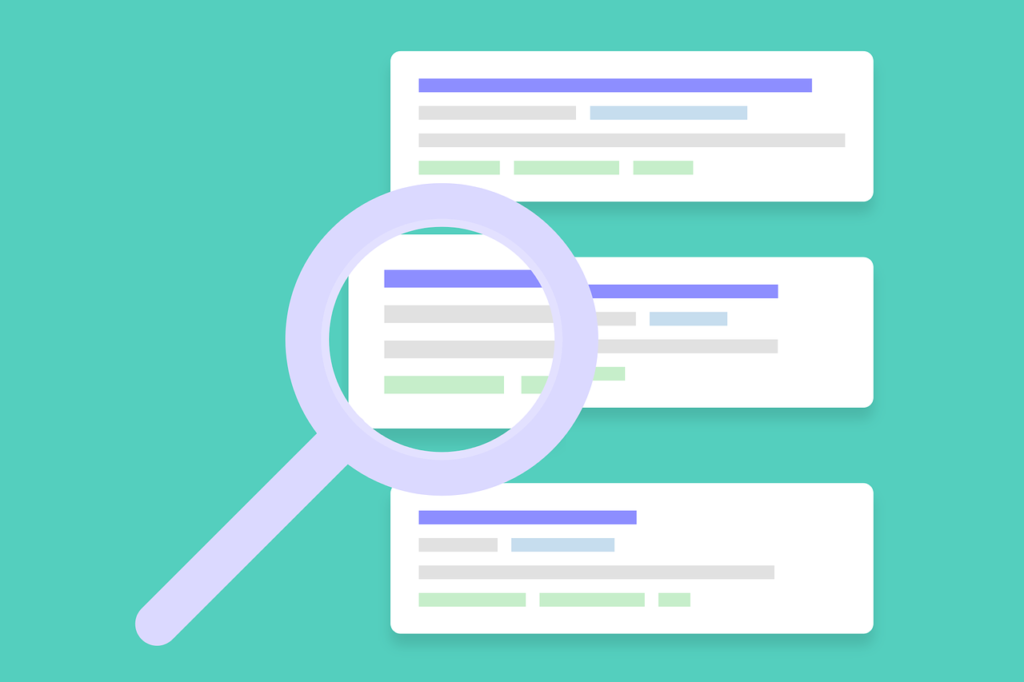A sudden and dramatic drop in your search engine rankings is the ultimate SEO horror story that no business owner wants to hear. Your website may have plummeted into the second page or worse, outside the top 100.
The drastic fall in your Google ranking position may be triggered by various factors, including changes in content, an update of the algorithm, technical problems, improvements made by your competitors on the website, changes in the SERP layout, and a Google penalty.
How to Resolve the Issue
Fluctuations in search engines are inevitable as Google makes daily updates. However, you should be concerned when you find your search ranking position starting to trend in the wrong direction.
If you noticed your position in Google rankings has plunged dramatically, do not panic.
Proactive, attentive troubleshooting can help fix the issue and get you moving back in the right direction.
Here are some helpful tips on what you can do to fix and recover your Google rankings:
- Confirm that your ranking has dropped
In some cases, a glitch or temporary change in the ranking tracker tool may have caused your search engine rankings to drop. However, the problem will naturally resolve relatively quickly. It is important to verify that the drop in your rankings is true so you can immediately take action to fix the issue.
Here are several steps to take to help you verify the dropped:
1. Check several tools: Check your rankings data and your organic traffic data using tools, such as Google Search Console and Google Analytics. If only one tool shows that your ranking has dropped, it is likely just a problem with the tool. Continue to monitor your rankings over the next few weeks. If your rankings have truly dropped, take the necessary action to remedy the problem.
2. Assess the severity of the change: Check how much your ranking has changed and how long it has been lower than usual to help you know that it is an actual drop and not just a temporary change. Compare and analyze the change to the usual daily and weekly fluctuations.
3. Consider external factors: Take into consideration the possible external factors, such as a holiday weekend, that may have triggered the drop.
- Determine the cause
Knowing the reason why your website rankings dropped helps you fix the issue. The cause of the drop in rankings may fall into 1 of 3 categories:
Changes you made: Examine any recent changes to your website, including potential errors and intentional changes.
Changes Google made: Google may have made recent changes in its algorithm. Make sure to check if your website may have received manual penalties from Google.
Changes your competitors made: Check if your competitor may have made improvements on their website that may have significantly increased their SEO rankings.
- Spy on Your Competitor’s Content
Google has always aimed to provide the best experience for their users—that is why web pages with quality content always end up on top. Take a look at your competitor that is ranking for your keywords and check the difference between their content and yours.
Are they using better keywords? Is their content more in-depth? Do they have unique keywords and ideas? Have you checked their meta-tags?
Use this information as a guide in implementing all necessary changes to help you create better content than your competitors.
- Correct the issues
Once you have a clear idea of the factors that may have caused your Google rankings to drop, take some time to work on fixing the issue. If the problem is due to the changes you made to your website, simply revert the change and recover your rankings. If it is caused by a recent change in the algorithm, make necessary adjustments to your SEO strategy to meet Google’s latest standards. However, if the drop was due to the changes made by your competitor, you need to improve your website page to outrank them again.
- Adjust Your Keywords and Meta Tags
After making all the necessary improvements to your content, you do not simply hope for Google crawlers to discover the changes you have made. Continue to take action and submit the URL of your web page to Google Search Console for indexing.
After that, turn your attention to other important aspects of your business. Within a week to a month, your ranking in Google should start increasing. Keep in mind that adjusting your keywords and meta-tags can help you effectively create better content that results in better rankings.

- Keep Checking and Updating Your Content
Ranking your website in search engines is never a one-off process. SEO is an ever-changing landscape and a constant battlefield. Everyone wants to be at the top of the ranking, putting their game face on to reach the spotlight. Monitor your rankings regularly, identify potential problems, know who is dominating in Google, and make improvements—keep repeating this process even after you reach the top. Keep in mind that Google appreciates fresh, relevant content, so make sure to always update your content on a regular basis if you want to keep good rankings.
- Monitor your rankings for improvements
After taking all the necessary action to resolve the issue, continue to monitor your rankings to check for improvements in your website ranking over the next several weeks. If there are no improvements in your rankings, reexamine all the potential causes of the problem. Even if your website’s ranking has improved, continue to keep an eye on its ranking. This will help you catch future problems that may affect your search engine rankings again.
The Best Defense Against a Google Ranking Drop is a Good Offense
The process of determining and evaluating the cause of a Google ranking drop is often complex and time-consuming. The best approach you can take when your rankings start to drop is to do everything you can to avoid them.
- Get familiar with Google’s Webmaster Quality Guidelines
- Learn about Google’s Search Quality Evaluator Guidelines
- Understand the potential problems that can lead to manual action and avoid them
- Stay current with Google Webmaster Central blog
- Join #AskGoogleWebmasters and watch the latest videos on the YouTube channel.

